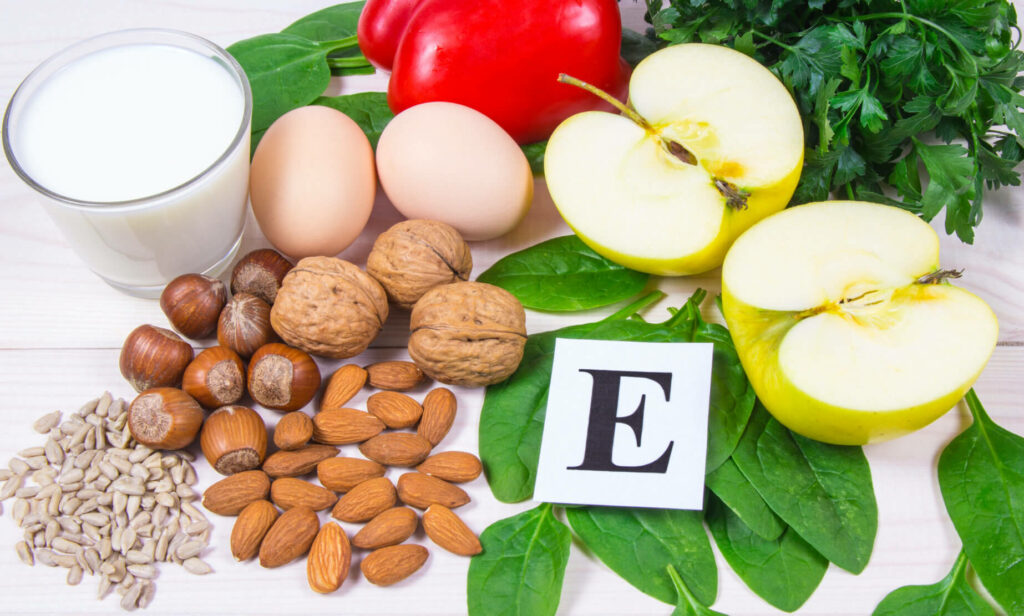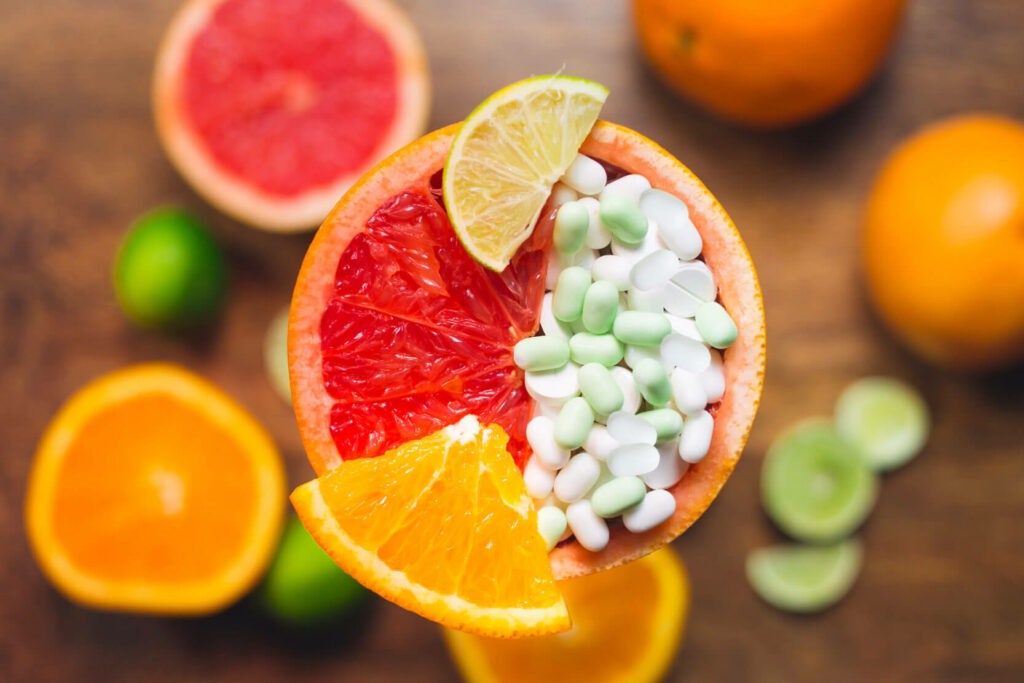Vitamins and Minerals for Hair Health: Which Ones to Take
Hair health is an important aspect of overall health and appearance. While genetics and lifestyle play a big role in the health of your hair, vitamins and minerals also play a crucial role in maintaining healthy hair growth and preventing hair loss. In this article, we’ll take a look at which vitamins and minerals are essential for hair health, their food sources, and the recommended dosage.
Vitamins for Hair Health
Vitamin A:
Vitamin A promotes a healthy scalp, which is essential for healthy hair growth. Foods rich in vitamin A include sweet potatoes, carrots, and leafy greens.
Vitamin B Complex:
B vitamins, particularly B-12, B-6, and biotin, are essential for maintaining healthy hair growth. Biotin, also known as vitamin H, is a B-vitamin that helps to strengthen hair and nails. Foods rich in B vitamins include chicken, fish, eggs, and leafy greens.
Vitamin C:
Vitamin C is essential for producing collagen, which is important for hair strength. Foods rich in vitamin C include oranges, strawberries, and bell peppers.
Vitamin D:
Vitamin D is a fat-soluble vitamin that plays a vital role in maintaining strong bones and teeth by regulating the absorption of calcium and phosphorus. It also has a role in promoting hair growth, maintaining healthy skin, and preventing hair loss. It can be obtained through exposure to sunlight, as well as through diet by consuming foods such as fatty fish, egg yolks, and mushrooms.
A deficiency in vitamin D can lead to several health problems, so it is important to ensure that you are getting enough of it through diet or supplements.
Vitamin E:
Vitamin E promotes hair growth and prevents hair damage. Foods rich in vitamin E include almonds, sunflower seeds, and avocado.

Vitamin E is a fat-soluble vitamin that acts as an antioxidant in the body, helping to protect cells from damage caused by free radicals. It has been found to promote hair growth, prevent hair damage, and improve hair elasticity. It can be obtained through diet by consuming foods such as almonds, sunflower seeds, and avocado.
Vitamin E oil can also be applied topically to the scalp to improve hair health. It’s also important to note that vitamin E is a powerful antioxidant that may help in preventing hair loss and promoting hair growth. A deficiency in vitamin E is rare, but it can occur in people with certain genetic disorders or those who have difficulty absorbing fat.
Minerals for Hair Health
Iron: Iron is essential for maintaining healthy hair growth and preventing hair loss. Iron-rich foods include red meat, spinach, and lentils.
Zinc:
Zinc is an essential mineral that plays a vital role in maintaining overall health, including hair health. It is necessary for the proper function of the oil-producing glands in the scalp, which can help to prevent dryness, flaking, and dandruff. Zinc also helps to promote hair growth, prevent hair loss, and maintain a healthy scalp. Foods rich in zinc include oysters, beef, pumpkin seeds, chickpeas, and spinach.
It’s also important to note that zinc can be found in multivitamins and supplements specifically made for hair, skin, and nails. Zinc deficiency can lead to hair loss, and a deficiency can be caused by a poor diet, malabsorption, or certain medical conditions.
Selenium:
Selenium is an essential mineral that acts as an antioxidant in the body. It is important for the proper functioning of the thyroid gland, which is responsible for regulating metabolism and hormone production. Selenium has been found to have a beneficial effect on hair health, as it can help to promote hair growth, prevent hair damage, and improve the overall appearance of hair.
Magnesium:
Magnesium is essential for maintaining hair health and preventing hair loss. Magnesium-rich foods include almonds, spinach, and black beans.
Food Sources of Vitamins and Minerals for Hair Health

- Vitamin A: sweet potatoes, carrots, leafy greens
- Vitamin B Complex: chicken, fish, eggs, leafy greens
- Vitamin C: oranges, strawberries, bell peppers
- Vitamin D: fatty fish, egg yolks, mushrooms
- Vitamin E: almonds, sunflower seeds, avocado
- Iron: red meat, spinach, lentils
- Zinc: oysters, beef, pumpkin seeds
- Selenium: Brazil nuts, tuna, turkey
- Magnesium: almonds, spinach, black beans
Supplements and Dosage
While it’s best to get your vitamins and minerals from food sources, supplements can be useful to ensure adequate intake of these essential nutrients. Here are the recommended dosages for each vitamin and mineral discussed in this article:
- Vitamin A: 700-900 mcg/day
- Vitamin B Complex: 2.6-3.0 mg/day for B-6, 2.4 mcg/day for B-12, 30-100 mcg/day for biotin
- Vitamin C: 75-90 mg/day
- Vitamin D: 600-800 IU/day
- Vitamin E: 15-30 mg/day
- Iron: 18 mg/day for women, 8 mg/day for men
- Zinc: 8-11 mg/day for women, 11-14 mg/day for men
- Selenium: 55 mcg/day
- Magnesium: 310-320 mg/day for women, 400-420 mg/day for men
It’s important to note that these are general recommended dosages and your specific needs may vary. It is always best to consult with a healthcare professional before starting any new supplement regimen.
Conclusion
In conclusion, vitamins and minerals play a crucial role in maintaining healthy hair growth and preventing hair loss. Incorporating a variety of vitamin and mineral-rich foods into your diet, along with appropriate supplements, can help to ensure that your hair is getting the nutrients it needs to thrive. Remember to always consult with a healthcare professional before making any changes to your supplement regimen. By taking care of your hair inside and out, you can achieve strong, healthy and beautiful hair.
